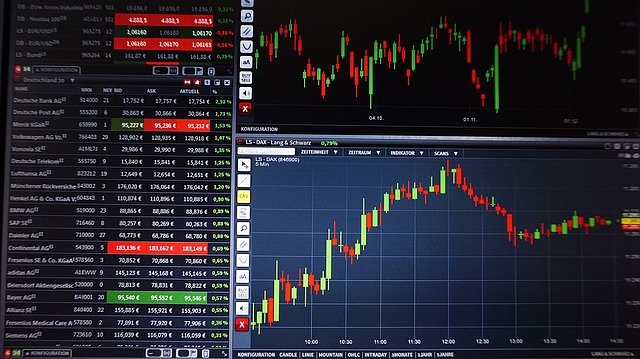If you’re keen to achieve success as a trader, the best thing you can do to improve your prospects is to study how the markets work. It’s this that gives professional traders the edge and enables them to identify opportunities that are invisible to the general public. Although you may prefer to trade in just one or two markets and learn them really well, having a broader understanding will help you to predict their movements more effectively and thus make better decisions.

Types of trading
Although most traders concentrate on the stock market, there are many different asset types out there that you may choose to invest in. Indeed, most professionals recommend that if you’re building up a serious investment portfolio you should diversify it as much as possible. Property and bonds are a practical choice for investors who want to keep their risks low, but they take a long time to mature. Stocks and commodities vary a lot in terms of risk and potential, and loosely follow cycles which you can learn to track. Trading contracts for difference or forex provides a short-term option which can enable you to make money quickly (the trade-off being higher risk) and can also be used to hedge currency movements, improving your options on other types of trade.
Market participants
Simply talking about ‘the market’ can give the impression of an abstract entity that it’s difficult to make sense of. It’s easiest to understand it as a collection of different influences pulling against one another. That includes individual traders with aims and concerns that are similar to your own; companies that trade alongside other activity; banks and other financial institutions; brokers acting on behalf of their clients; and governments, which may introduce a range of regulations and incentives to try to steer the markets in directions favourable to their interests. Although this means that individual traders are just little fish in a very big pond, the smartest of those little fish are quick to figure out which way the bigger ones are swimming and position themselves to take advantage of it.

Market trends
A few just get lucky, but the vast majority of successful investors get that way by honing their ability to spot trends. That makes it possible to anticipate what other traders will want and to make money as a result. Market trends follow cycles across most asset classes but they’re also influenced by other economic factors, from the very big – such as climate change, war, or the development of important new technologies – to the very small, such as what individual celebrities decide to wear. Some of what happens to the markets is a result of deliberate political or cultural influence while other trends emerge organically, but it can be possible to spot the latter early on if you have a good understanding of history or science.
Getting to grips with the complexities of the markets is something that takes time but is worth the effort. It’s one investment that’s guaranteed to pay dividends.
